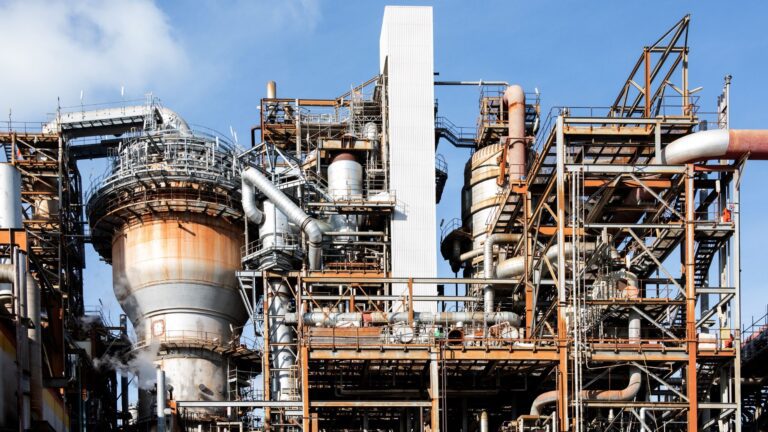
The company has appointed Toyo Engineering India Pvt. Ltd. (Toyo-India) (100% subsidiary of Toyo Engineering Corporation, Japan) an engineering, procurement and construction company, to carry out the FEED phase – an integral part of the project management process. Toyo-India will oversee design completion, project de-risking, detailed costing analysis and other vital work. Completion of FEED will enable the company to take final investment decision (FID) on the ICC project.
Carbon capture
Upon completion (expected in 2028), the ICC project will capture carbon dioxide emitted from Stanlow refinery’s full-residue fluid catalytic cracking (FCC) unit – one of Europe’s largest units. Leveraging Stanlow’s unique location, the captured carbon dioxide will use a repurposed existing gas transportation network and be permanently sequestered into depleted gas fields in Liverpool Bay, as part of the HyNet industrial decarbonisation cluster in the North West of England.
The ICC project is expected to capture ~ 1 million tons of CO2 per year, removing around 45% of all Stanlow emissions. The project has applied for the right to negotiate with the UK Government for a revenue support mechanism as part of the Department of Energy Security and Net Zero’s Track One expansion programme in the carbon capture, usage and storage (CCUS) cluster sequencing process. Confirmation of the date for final investment decision will be part of this process.
This announcement follows the appointment of Wood to conduct the FEED for EET Fuels’ hydrogen fuel switching project. The progression of both these projects demonstrates the company’s momentum towards achieving its target of reducing CO2 emissions at the Stanlow Refinery by 95% by 2030 while creating the UK’s leading energy transition hub.
Deepak Maheshwari, CEO, EET Fuels, said: “Our ambitious carbon capture and storage plans are a key component of Stanlow, securing the future of the refinery for generations to come and vastly reducing industrial carbon emissions in the North West. This announcement represents a significant milestone as we work to become the world’s first low carbon process refinery, and we look forward to working with Toyo-India to keep momentum towards achieving FID for this project.”
Image credit: EET Fuels